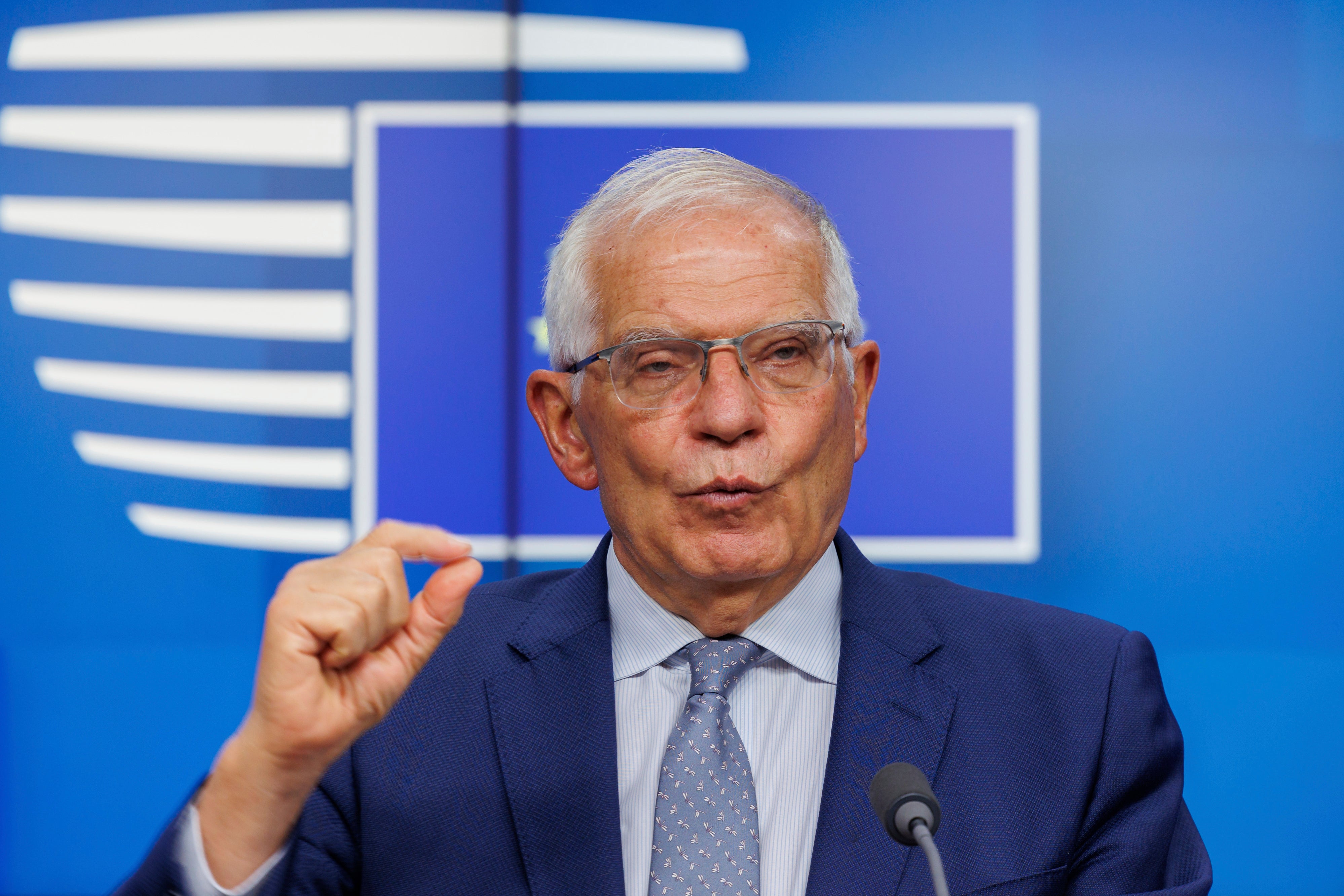Western European powers press Iran to agree to nuclear deal
Western European powers are pressing Iran to agree to a revival of its 2015 nuclear deal after a months-long standstill in negotiations, warning that what’s on the table now is “the best possible deal.”

Western European powers are pressing Iran to agree to a revival of its 2015 nuclear deal after a months-long standstill in negotiations, warning that what's on the table now is “the best possible deal.”
The foreign policy chief of the European Union, which has chaired long-running talks in Vienna, tweeted Wednesday that “now is decision time if we are to save the Iran Nuclear Deal.” French Foreign Minister Catherine Colonna said a return to full compliance with the agreement “is still possible but, for that, a positive response from Iran is needed as soon as possible.”
That reflects mounting concern that time is running out to salvage the deal, in part because of the approach of midterm elections in the United States.
Iran and six world powers — the U.S., France, Germany, Britain, Russia and China — agreed in 2015 to the nuclear deal, which saw Tehran drastically limit its enrichment of uranium in exchange for the lifting of economic sanctions. In 2018, then-President Donald Trump unilaterally withdrew America from the accord.
Since the deal’s de facto collapse, Iran has been running advanced centrifuges and rapidly growing its stockpile of enriched uranium. Talks in Vienna about reviving the deal and bringing the U.S. back on board have been stalled since April. Talks in Qatar last month failed to make significant progress.
EU foreign policy Josep Borrell noted that he wrote an opinion piece for the Financial Times on Tuesday in which he said he's “concluded that the space for additional significant compromises has been exhausted." He said he has put a text on the table that addresses in detail the steps need to restore the nuclear agreement.
“This text represents the best possible deal that I, as facilitator of the negotiations, see as feasible,” he wrote. “I see no other comprehensive or effective alternative within reach.”
Borrell acknowledged that the Iran deal “remains politically polarizing in Washington as the midterm elections approach" and that it “may not have addressed all U.S. concerns with respect to Iran." He also acknowledged that there are “serious reservations” in Iran.
But he argued that the deal carries very significant benefits.
“If the deal is rejected, we risk a dangerous nuclear crisis, set against the prospect of increased isolation for Iran and its people," Borrell wrote. "It is our joint responsibility to conclude the deal."
Bookmark popover
Removed from bookmarks